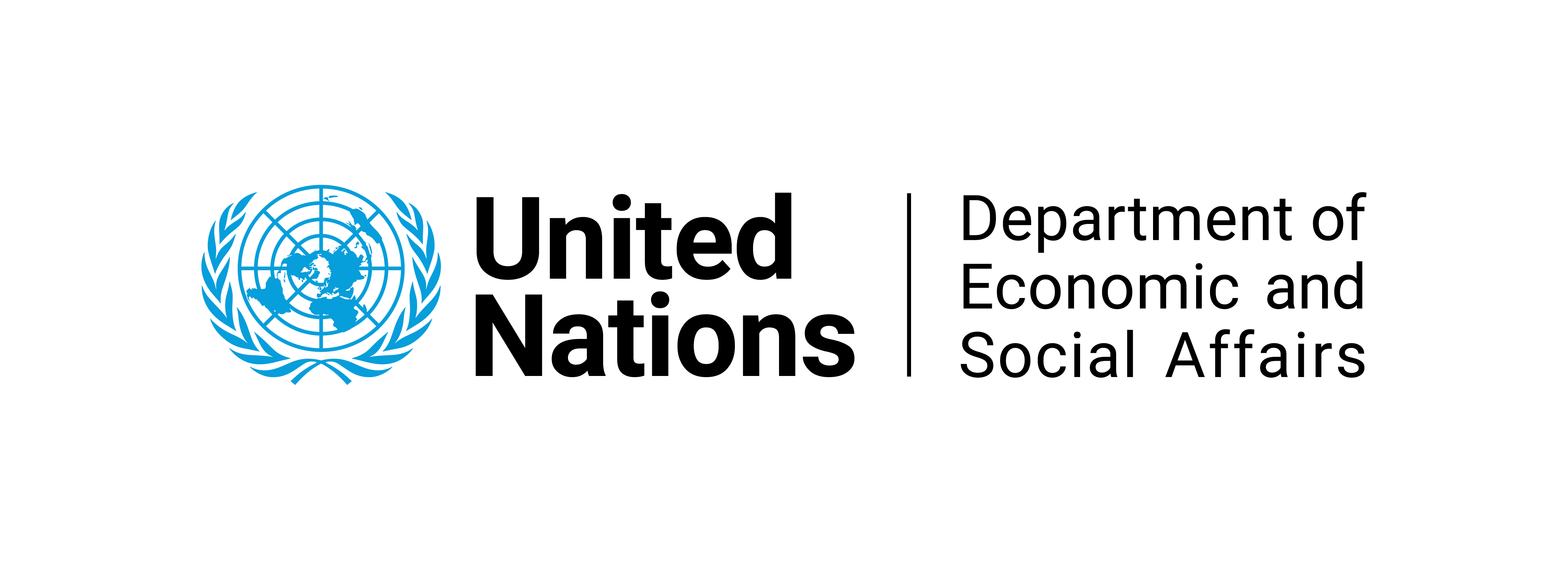7.9 Needs of researchers and academia#
The research community is an essential adjunct to economic innovation and improved social and environmental outcomes. Much of the sector’s work is possible, however, because of its access to wide-ranging official statistical datasets. A testament to this fact is underlined by the pressure from research institutes in many countries for the availability of further statistical information.
Some NSOs are able to serve researchers by providing them with complex and easily linkable datasets in technically advanced environments. Integrated large unit-level datasets enable universities, policy analysis institutes, research institutions, ministries, municipal agencies and individual researchers to do empirical analysis to inform future decisions. The datasets assist in studying complex problems that have multiple causes and cut across many areas of government, such as productivity, innovation, gender pay gap, income deprivation, climate change, joblessness, homelessness etc.
Where it has sufficient capacity, an NSO can provide researchers with data that have been collected, classified, combined, edited and corrected as part of the compilation of official statistics.
Data come from multiple sources, such as censuses, surveys and population and business registers, tax registers, school systems, social protection and health systems, and as such enable a multitude of longitudinal and cross-sectional analysis. Accessible metadata together with a suite of research tools, applications and software, can be offered for processing and analysing data. These services enable researchers to focus on the key issues with which they are concerned, rather than on the preparation of the data itself.
Working with researchers and academia can be both beneficial and demanding for an NSO.
As a benefit, academia can promote the use of official statistics by making it more widely known in the research domain and among the general public, which in turn can boost the credibility of the NSO as the source of data. Researchers can provide useful input to an NSO by giving important feedback on the quality of its data and methodologies due to the fact that they have more in-depth access to the data production processes than other types of users. In addition, collaboration with researchers on specific topics can have the knock-on effect of leading to new areas of research for an NSO.
The academic world can put demands on an NSO given the often very complex demands for data required for research projects. In many cases, the aggregate statistics made available by the NSO through its web site or other publications are not sufficient for researchers who instead prefer to use the underlying microdata to feed into their own preferred analytical tools and algorithms. This can require quite a significant effort given the confidentiality concerns and the practical issues involved in gaining physical access to this kind of data via secure micro-data labs or their equivalent. The needs of academic users often require significant time and repeated involvement of NSO experts.
Statistical offices, universities and research institutes have a long record of working closely together to develop statistical methods on one hand and empirical research on the other.
The following activities could form part of the user engagement strategy for researchers:
Offer traineeships to students and carry out training on survey techniques and statistical methodologies, adding to the overall endowment of research capability.
Develop common principles and tools for access to microdata for research purposes and are sharing best practices across countries. Such initiatives increase the scope for productive research on international phenomena and allow for comparative analysis across a range of subjects.
Establish a specific unit dedicated to supporting the work of researchers and requirements are covered on a case-by-case basis following individual requests according to general rules and regulations; however, there is often a committee that deals with requests to access confidential statistical information.
Establish formal cooperation programmes with academic institutes. Cooperation programmes can take the form of secondments, placements, fellowships or memoranda of understandings. In cases where such cooperation programmes are possible, seconded academics provide a useful complement to an NSO, bringing up to date and in-depth knowledge and analytical skills.
Example: A strategic partnership has been launched between Cardiff University and the Office for National Statistics (ONS), which has students taking part in developing new data science techniques that aim to inform top government decisions. The new partnership places a strong emphasis on developing skills, career pathways and creating graduate opportunities.
Senegal NSO centre to access statistical data (🔗) at the Cheikh-Anta-Diop University of Dakar.
Canada has established 32 research data centres (🔗) in universities across the country and three federal research Data centres in the National Capital Region where researchers become deemed employees and can access a vast selection of Statistics Canada microdata fields for research purposes.
Eurostat provides researchers with several public-use files containing data from EU countries, and other international organizations have similar projects aimed at promoting this type of exchange. The survey on income and living conditions (EU-SILC) is a good example where the microdata is an end-product of its own and can be accessed by researchers globally.
